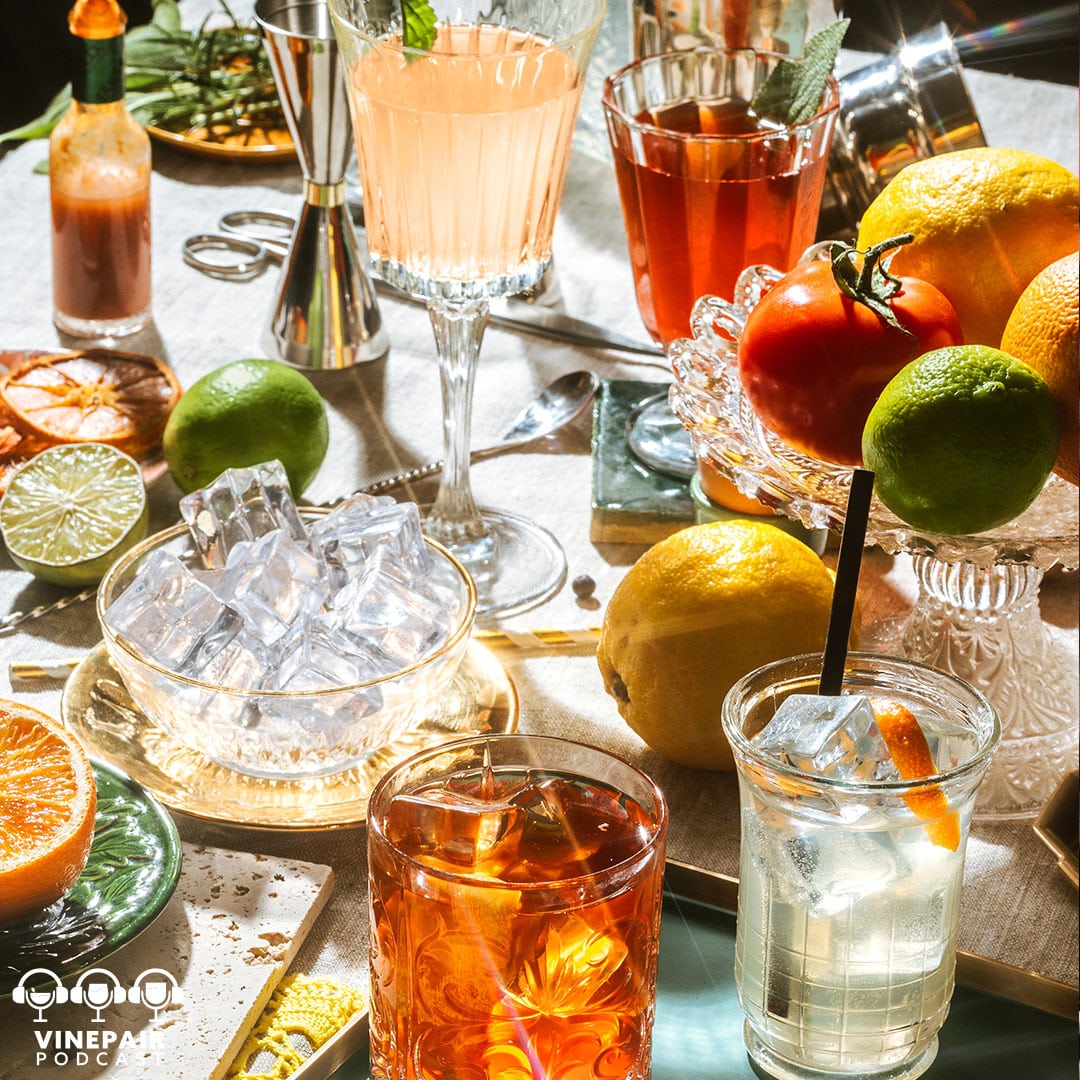What are you doing on June 13 and 14? If you’re in the drinks industry, mark your calendar — Bar Convent Brooklyn is back at Industry City. BCB is a great chance to network with peers, learn about new trends and techniques, and listen in on panels led by industry experts. Get your tickets at barconventbrooklyn.com. We’ll see you there.
Every bartender likes to claim the rights to their own cocktail recipe, though more often than not, their latest creation is just a riff. There are exceptions to the rule, but riffs — variants of preexisting classics — seem to be the starting point for most new cocktails these days. However, cocktail bars will seldom acknowledge the fact, and instead call their pineapple Daiquiri “the Monkey’s Uncle” or “the Summer Staycation.”
We all claim to be adventurous, but the truth is that most people like to have some sense of what they’re about to get into when ordering a cocktail. And the proof is in the prevailing popularity of riffs, or even non-riffs that borrow classic cocktail monikers. Whether or not the Pornstar Martini is an actual Martini, people will be more inclined to order one if they already know they like Martinis.
Should a bartender’s artistry be encouraged, pushing them to coin completely original cocktails with fun, alliteration-fueled names, or should they do what’s best from a monetary standpoint and expose the riff ancestry of their creations in the hopes of selling more drinks?
In light of some fascinating VinePair Insights data, today on the “VinePair Podcast,” Adam, Joanna, and Zach discuss why drinkers seem to find riffs on classic cocktails so appealing, even though they have something of a spotty reputation within bartending circles.
Zach is drinking: Wander Brewing “Millie” Prickly Pear & Lime Sour Beer
Joanna is drinking: Kolfok Intra! the Wild Rosé 2021
Adam is drinking: Division Bell


